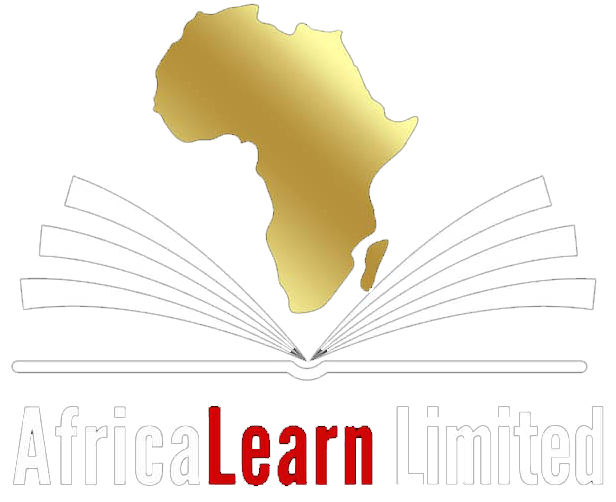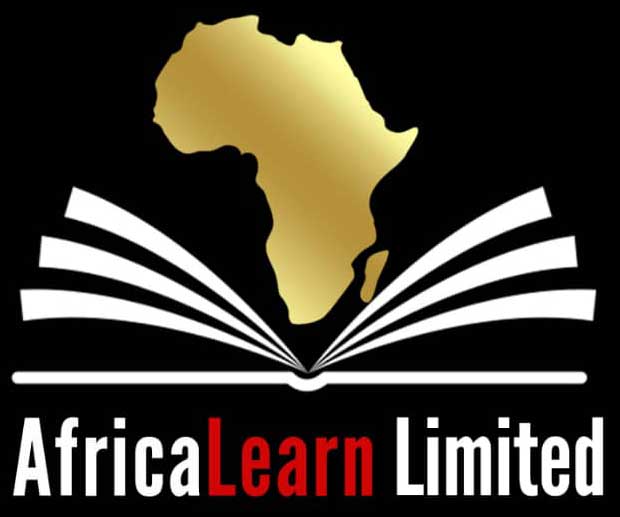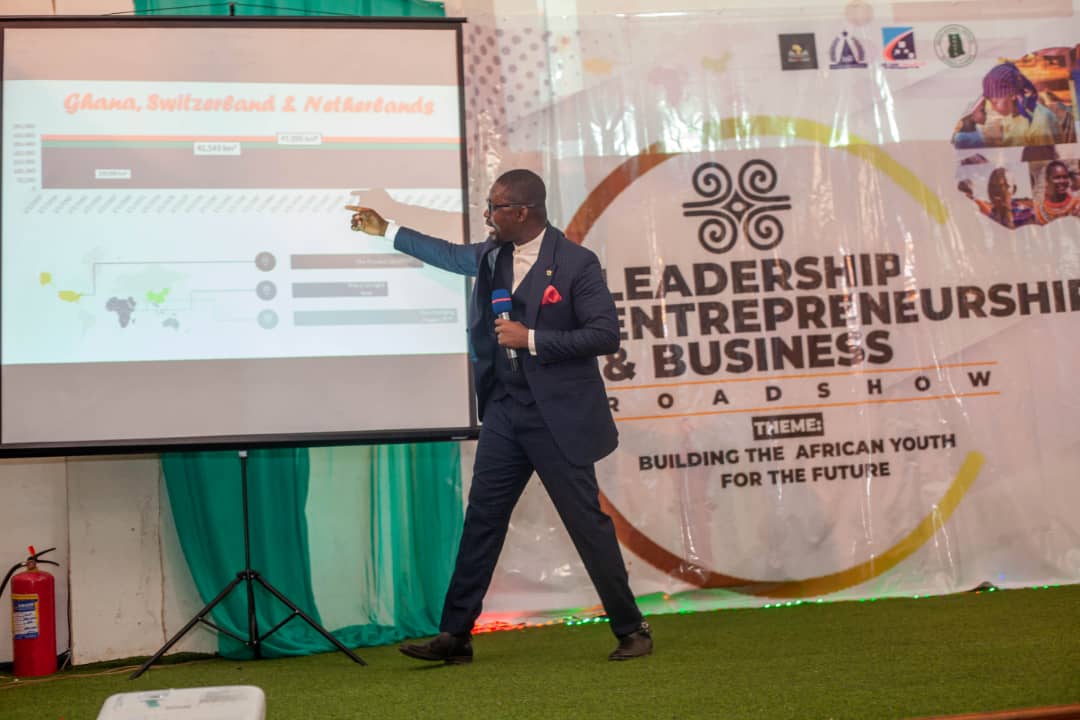|
Listen to this article now
Getting your Trinity Audio player ready...
|
Exactly ten years ago on 6th March 2012 Ghana was 55, to think of it, that is a decade ago (Hmm… Man dey grow!) The day was pretty insightful. I took a long walk, almost in pursuit of freedom. Like Nelson Mandela, my long walk to freedom saw me walk through the hearts of Accra, a walk through the slums, streets, and to the monuments that symbolise our nation. My conclusion after that long walk was, “There is no doubt the heart of the sons and daughters of the land is deep but certainly our minds, work and results must in such grow to the size of our heart.” The story of that inspiring walk I journaled some ten years ago: The Day of our Independence | AfricaLearn.
Ten years on, I reflect on what I wrote and the journey of Ghana after a decade and the value of some of the words remain the same: “Nothing gets done until somebody does it.” True as it may sound, it almost suggests that the value will remain the same except that the value of Ghana has become many things except for remaining the same. (If you doubt, check the video…Lol).
Once we have settled the fact that the value is not the same, let us journey in search of the current valuation and hopefully find hope to make things better. To the more contemporary issues, valuation of our currency. Just about three years ago, in March 2019, when I wrote Economic messiahs and the falling cedi [Article] (citinewsroom.com) the conclusion was harrowing, it read, “In conclusion, let me remind all political actors of the trend of the Cedi for the last twenty years. The trend of our currency since 1998 is purely exponential with a curve: y=9E-07e0.0004x and correlation coefficient of R² = 0.9277. These are facts I share as an art of impressionism but for the layperson, it means that your value in Ghana cedi will fall by half almost certainly every five years. But for those who bet against the Cedi they will increase their wealth 50% every 5 years.” I had an academic call me about how he was impressed about the article and almost all the online media platforms carried the article, with great reviews, yet the value of the depreciation remains the same.
The facts of our economy, our culture, our productivity, and results perhaps lead to a rational bet against our currency and sovereignty. I dare say, the average Ghanaian has given up hope. We seem to have made an election that Ghana and Africa will only get worse, deferring to the hegemony of the west or more recently bowing to the forces from the east of the East, China. On this 65th anniversary of our independence, we have two choices as I see it, the easier choice is a path to despair, yielding to the facts and giving up. We may however elect differently; we may pursue the more difficult option. We can elect to interrogate the concerning facts a bit more and ask what we can do to make things better.
I choose the more difficult road today, a path that may not give itself to us easily. In this article, I explore the path that may not allow for me to rant about all the horror stories but one that requires me to dig deeper in search of value to give. But first let us talk about this independent nation, shall we?
A national identity was about to be foist on 6th March 1957, one that wrestled power from the hands of the colonisers, except that the value of the arbitrary and artificial borders was going to remain the same. The random lines, called national borders, were to remain the most defining factor for who became a Ghanaian. While borders in Europe were increasingly aligned with natural barriers, Europeans had been busy drawing lines on the maps of Africa in 1884/1885. Borders in Europe follow natural barriers, borders tend to be located in rugged and mountainous terrain and along rivers and yet at independence the purely random and arbitrary borders drawn some half a century before independence were fundamental, creating boundaries of African states. The implication of the borders however is that the border design determines all country-wide questions that relates to geography and social structure (landlocked, country size, ruggedness, shape, disease environment, resources, societal structure, ethnic fractionalization, polarization, inequality, etc).
So here is a ‘Nation’ being born, a true African heritage, a black star with a red, gold and green flag and cheering to the popular Nkrumah Chant: ‘Ghana, my beloved country is free forever!’, and yet the value of the economic and social challenges we were inheriting remained the same: A colony created by an arbitrary line, commoditised and monetised for the purposes of providing resources for the development of the coloniser.
The fact that these new African states had roughly 40% of its population come from ethnic groups that had been systematically split across national (colonial) borders should have warned us that issues like Papavi’s Western Togoland, the ethnic NPP/NDC politics and the continuing disunity were only a matter of time unless we could find a way to forge a much bigger identity which helps us solve the more fundamental problem of gaining economic and financial freedom.
When Ghana became independent in 1957 the entire population of the newfound country was just about 6 million people. Yes, modern day Ghana, at independence, had an estimated 6 million people of which just about 3% (951,963) are still alive and above 65 years. By year end 2021, Ghana was estimated to be a country of about 32 million people (31,732,127) of which an estimated 37% (11,740,447) are less than 15 years, 41% (13,010,172) are between 15 years and 39 years and 19% (6,029,104) between 40 years and 64 years. The median age in Ghana is 21.5 years. The median age is the age that divides the population into two numerically equal groups; that is, 50% of the people in Ghana are younger than 22 years. Before we tout what opportunity this young population is, let us remind ourselves in 2015, the median age for Ghana was 20.7 years. As a country, only 1 in about 5 persons are above the age of 40 years, 4 out of about 5 Ghanaians are less than 40 years.
The question yet remains, how do we reconcile such youthfulness with such widespread despair? How does the future give up on itself so easily and how can we reconstruct the future? How has the young given the economy to the old whiles it only complains and blame the politician? It may be helpful to look back. Kwame Nkrumah, undoubtedly the man to whom we credit this independence with, was born in 1909 in the British colony known as the Gold Coast, the colony he will later rename Ghana. He left Ghana in the 1930s by stowing away on a boat and went on to study in the United States and then later Britain. His reality was of a boy of a humble background subject to the same construct of an arbitrary line, commoditised and monetised for the purposes of providing resources for the development of the colonisers. Yet instead of giving up, he returned home in 1947 after 12 years (at about the age of 38 years) and started actively fighting and participating in rolling back the woes of colonial rule.
In his words, “This decade is the decade of African independence, forward then to independence, tomorrow, the United State of Africa!”. He understood the long journey to decolonisation will take a border than is not arbitrary, an economic construct that does not perpetuate a devaluation of the African value globally. In 2022, a young professional who after considerable learning has sought value is likely to be earning just about GHS3,500 (USD500) a month. The young person who provides labour or skill on a daily wage will earn GHS13.53 (USD1.8), if he or she works every day for a 30-day month, he or she will still have a monthly wage of about USD 54. The problems slavery and colonialism were created to solve were economic, that the owners of capital may have free to cheap labour to increase productivity, to produce sugar in the Caribbean for export to Europe. Sixty-five years on, free to cheap labour is still the economic construct for productivity.
Although the data seems to suggest Ghana’s poverty rate at $1.90 per person per day has improved significantly since 1991, inequality has widened. We must actively engage on this Independence Day by asking ourselves how can we create a wealthy, healthy and harmonious society? We must seek and find a solution to this colonial distortion and remember, Africa was always a wealthy, healthy and harmonious society pre-colonial distortion.
We must learn. Learn all we can. We must attain the skills necessary for modern living and we must value our own. I had the rare privilege of sharing a platform with the Deputy Minister of Education responsible for Technical and Vocational Education in Sunyani Technical University last weekend, the consensus at the end of the dialogue was obvious, it takes skilled men and women to build a nation and we must focus on technical and vocational skill, revalue it in a way that makes economic sense. We must pursue a cultural revolution where no job is menial and where price for value is respectable and globally comparable. The central question for education should become, what can you do and not what paper you hold.
In conclusion, we must all envision these colonial challenges as kids on a football field. The election is to be one of three kids on the pitch: you are the boy with the ball, or you must become the skilled player who the owner of the ball wants in their team, or you are the child no one wants to play with because you are not good at the games. For the child no one wants to play with, you have an even better chance to create your own table because no one invites you to sit on their table. The truth is the men of skills determine the beauty and attractiveness of the game and not men with the ball. A united skilled set is powerful enough to determine the rules of the game because craftsmen build any enterprise.
Unfortunately, we barely own a ball in this game, we claim we have natural resources and yet the companies that own them are anything but Ghanaian. We recently sold our financial services but hospitality, agriculture and food industry, manufacturing, industry, name them, and ask who owns them and the answer may shock you.
The economic capital, the ball, may be held by foreigners, but more unfortunate is the fact that, many cannot compete for skill in playing the game. We have become men and women of words yet little diligence is producing superior skill. When rejected at the games, instead of finding superior skill in those moments and creating our table, we cower into obedience of the structure that is designed to monetise and commoditise for the benefit of the colonisers who still own the economic ball.
Let us remind ourselves, no human being is inherently better than another. We may have been given an unfair start, but the rules are ours to rewrite and hopefully the despairing youth who are in the majority will understand, this country is their canvass to paint, to paint the beauty of an African narrative, a narrative of a wealthy, healthy and harmonious society but first we must reclaim our ball and build the skill sets necessary to play at the elite level. May God bless Ghana and Africa as we pursue economic freedom together as a continent. My name is Yaw Sompa and I believe in the African.



Awesome! You have said it all. I am hopeful that a good percentage of the youth gets to read and act!
This is insightful Yaw. May I paint a beautiful Ghanaian narrative. So help me God.
Thank you
I believe in us too! It’s a fact that the value is indeed the same but there’s hope and I have faith that some day we’ll get there. Excellent write-up 👏👌👍God bless our homeland Ghana; happy- blessed independence! 🤗🇬🇭🎉
Beautiful write up my boss!
We have the talent but lack the technical know-how to implement them.
The leaders we elect every four years, most of them attended the best schools abroad but what are they bringing to the table to make the change we’re seeking for?
Our educational system is the least to talk about. We have the men and women but… Hmmm!
65yrs On! May God bless our homeland and make it great!
Very insightful. Getting hold of the ball to start refining the skill is another thing to look at. And how the youth is conscientized to becoming wealthy has no trace to skillfulness in the society. What is going to be the motivation then, especially in capitalist system where the aristocratic cycle keeps shrinking with the conscious effort to keep the mass in the rat race.